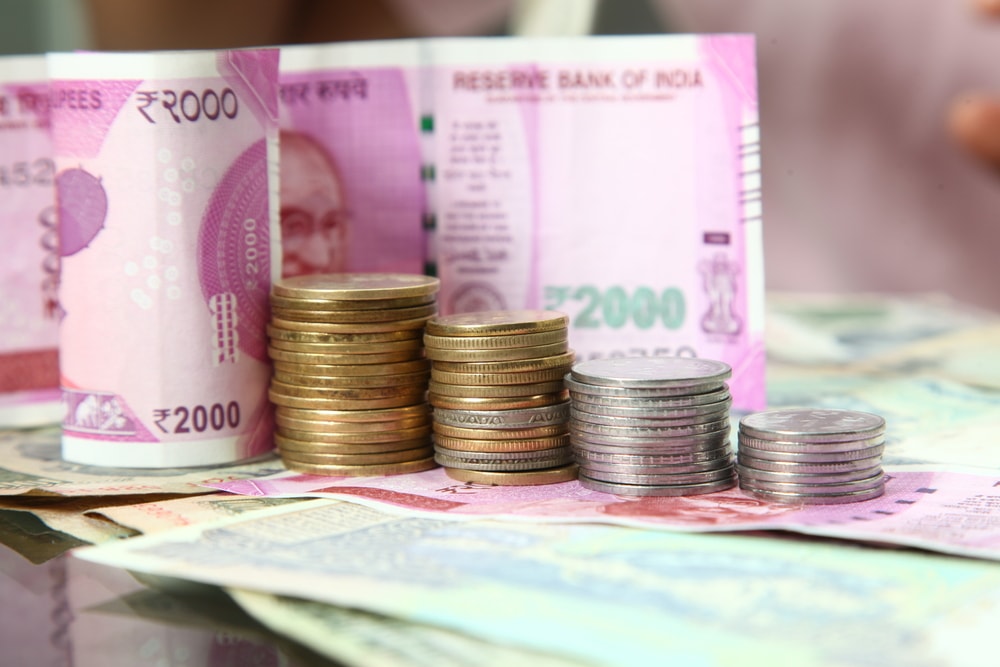 Last updated: February 5th, 2020 7:37 PM
Last updated: February 5th, 2020 7:37 PM
Penalty for Not Paying GST
The GST Council stated strict penalty should apply for persons upon failure to pay GST, short payment of GST and other miscellaneous offences. In this article, we look at some of the major penalties mentioned under the GST Act for various offences.Penalty for Not Paying GST On Time
Under the GST Act, a registered taxable person who supplies any goods or services on which tax has not been paid or short-paid or erroneously refunded or where input tax credit has been wrongly availed or utilized - other than by reason of fraud or any wilful misstatement or suppression of facts to evade tax would be liable to pay a penalty of Rs.10,000 or 10% of the tax short paid, whichever is higher.General Penalty for Other Offences under GST
Penalty up to Rs.25,000
In respect of other or miscellaneous offences under GST, a penalty of up to Rs.25,000 can be levied by the GST authorities for the following:- Aiding or abetting any of the offences by a taxable person under GST
- Dealing with any goods which he knows or has reason to believe are liable to confiscation.
- Dealing with the supply of services which he knows or has reason to believe are in contravention of any provisions of this Act.
- Failing to appear before the CGST or SGST Officer, pursuant to summons.
- Failing to issue the invoice in accordance with the provisions of the GST Act.
Penalty up to Rs.10,000
For the following offences, a penalty of the higher of Rs.10,000 or tax evaded or tax not deducted or tax short deducted or tax deducted but not paid or input tax credit wrongly availed is applicable:- Supplying goods and/or services without the issue of any invoice or issue of a false or incorrect invoice.
- Issue of invoice or bill without the supply of goods and/or services.
- Collecting any amount as tax and failing to deposit the same with the appropriate Government authority.
- Collecting any tax in contravention of the law and failing to deposit the same with appropriate Government authority.
- Failing to deduct appropriate tax.
- Failing to deposit tax deducted.
- Failure to collect tax as per the GST Act.
- Failing to deposit the tax collected.
- Utilizing input tax credit without actual receipt of goods or services.
- Fraudulently obtaining CGST or SGST refund.
- Falsifying financial records.
- Furnishing false information.
- Failing to obtain GST registration.
- Obstructing or preventing an officer from discharging his/her duties.
- Transporting taxable goods without specified documents.
- Suppressing turnover leading to tax evasion.
- Failing to keep or maintain accounts.
- Failing to furnish information or documents requested by the CGST/SGST officer.
- Supplying or transporting or storing goods which are liable for confiscation.
- Issuing invoice or document by using the GSTIN of another taxable person.
- Tampering or destroying evidence.
- Disposing off or tampering with any goods that have been detained, seized or attached.
When Can Penalty Be Levied under GST?
GST Act has provided a separate section detailing general disciplines that are to be maintained by the GST authorities while levying penalty.- Under the GST Act, authorities cannot impose substantial penalties for minor breaches of GST regulations or procedural requirements, wherein the amount involved is less than Rs.5000. Also, there is no requirement to impose a substantial penalty upon a mistake in the documentation that can be easily rectifiable and made without any fraudulent intent or gross negligence.
- The penalty can be levied by the GST authorities only after giving the notice to show cause. Hence, no penalty shall levy without giving the show cause notice and without providing a reasonable opportunity to hear from the person.
- The GST authorities shall explain the reasons for imposing the penalties. The authorities shall also provide the legal provisions for imposing the penalty.
- If a taxpayer voluntarily identified and discloses to a tax authority, a breach of law or procedural requirement before the finding of the breach by the tax authority, then the tax authority can consider this fact as a potential mitigating factor while deciding on the penalty.
Popular Post

In the digital age, the convenience of accessing important documents online has become a necessity...

The Atalji Janasnehi Kendra Project that has been launched by the Government of Karnataka...

The Indian Divorce Act governs divorce among the Christian couples in India. Divorce...

When an individual has more than a single PAN card, it may lead to that person being heavily penalised, or worse,...

Employees Provident Fund (PF) is social security and savings scheme for employee in India. Employers engaged...


